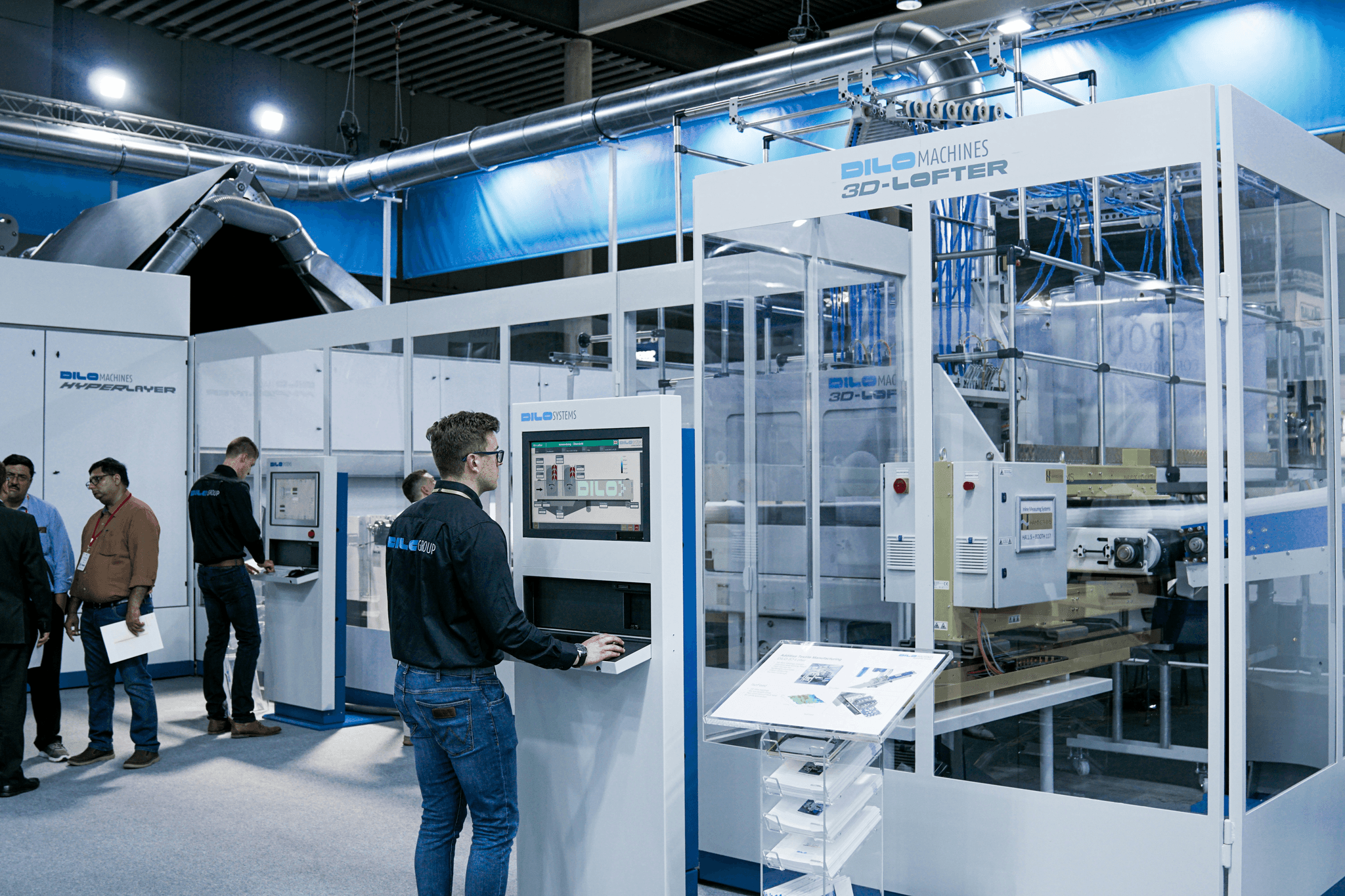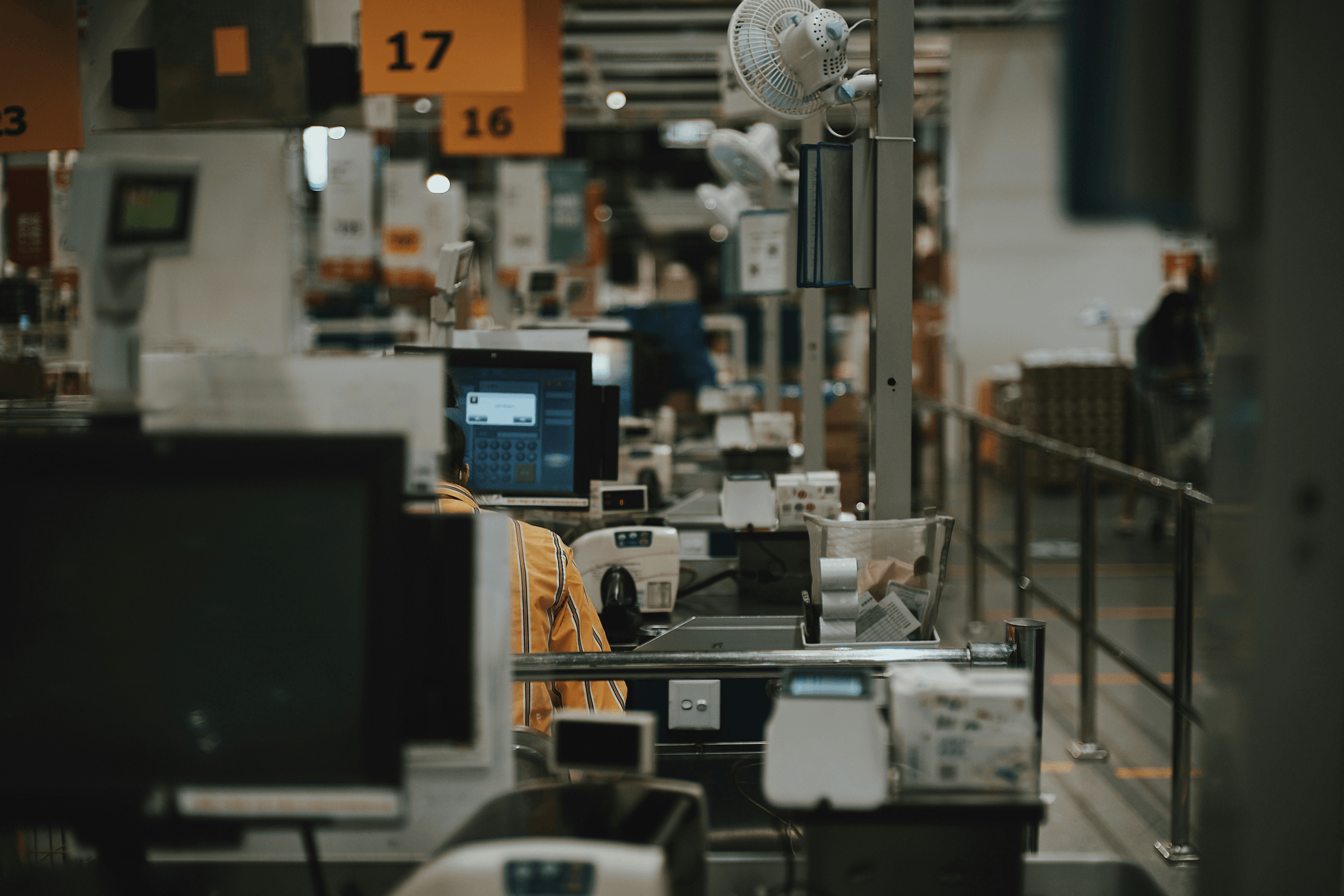Introduction
In the fast-paced world of manufacturing, the concept of production quality stands as a cornerstone for success. It encompasses everything from the materials used to the processes employed in creating products that meet or exceed customer expectations. Understanding production quality in manufacturing is not merely an academic exercise; it’s a vital practice that can make or break a business.
Understanding Production Quality in Manufacturing
What is production quality? At its core, it refers to the degree to which manufactured goods meet established standards and customer requirements. This includes various dimensions such as durability, reliability, and performance—all critical indicators that determine whether a product will succeed in the marketplace.
The Importance of Quality in Production
Why is quality in production important? The impact on customer satisfaction is profound; high-quality products lead to repeat purchases and brand loyalty, while poor-quality items can tarnish reputations overnight. Additionally, understanding how to solve quality issues in manufacturing can save companies significant costs associated with returns, repairs, and lost customers.
Key Steps to Enhance Production Quality
To ensure consistent production quality, manufacturers must adopt strategic measures tailored to their unique challenges. How do you ensure the quality of products? By implementing robust systems like regular audits and employee training programs—these are just some of the key steps that can enhance production quality effectively. Furthermore, knowing how to ensure quality production: 5 steps can provide a clear roadmap for organizations striving for excellence.
What Is Production Quality?

Production quality is a multifaceted concept that encapsulates the standards and characteristics of manufactured goods. It refers to the degree to which products meet specified requirements and satisfy customer expectations. Understanding what constitutes production quality is crucial for any manufacturer aiming to enhance their processes and outcomes.
Defining the Concept of Quality
Quality in manufacturing can be defined as the totality of features and characteristics of a product that bear on its ability to satisfy stated or implied needs. This means that quality isn’t just about how well a product functions; it also encompasses durability, reliability, and even aesthetic appeal. To put it simply, if you want to know What Is Production Quality?, think of it as meeting or exceeding customer expectations consistently.
Key Indicators of Quality in Manufacturing
Several key indicators help gauge production quality effectively. These include defect rates, compliance with specifications, and customer feedback scores—each providing valuable insights into how well products are performing in real-world scenarios. Monitoring these indicators allows manufacturers to identify areas for improvement and address potential issues before they escalate into larger problems—essentially answering the question of How to solve quality issues in manufacturing.
Role of Standards and Certifications
Standards and certifications play an integral role in defining production quality by providing benchmarks against which products can be measured. They serve as guidelines for best practices, ensuring consistency across different production processes while fostering trust among consumers regarding product safety and reliability. By adhering to these standards, manufacturers not only improve their production quality but also enhance their marketability—making it clear why understanding Why Is Quality in Production Important? is vital for success.
Why Is Quality in Production Important?

Quality in production is not just a buzzword; it’s a critical factor that can make or break a manufacturing business. Understanding why quality matters is essential for manufacturers aiming to thrive in a competitive landscape. A commitment to quality influences customer satisfaction, brand reputation, and overall cost efficiency.
Impact on Customer Satisfaction
Customer satisfaction is intricately linked to the quality of products produced. When customers receive high-quality items that meet or exceed their expectations, they are more likely to become repeat buyers and advocates for the brand. Conversely, poor quality can lead to dissatisfaction, returns, and negative reviews—an outcome that no manufacturer wants to face when considering how to solve quality issues in manufacturing.
Connection to Brand Reputation
A strong brand reputation hinges on consistent product quality. Manufacturers known for delivering reliable products gain consumer trust and loyalty over time, making them preferred choices in the market. In today’s digital age, word spreads quickly; one slip-up in quality can tarnish a brand’s image almost overnight, underscoring why it’s vital to understand What Is Production Quality? and its implications.
Cost Implications of Poor Quality
The financial repercussions of poor-quality production are significant and multifaceted. From increased rework costs and damaged materials to lost sales due to unhappy customers, the expenses accumulate rapidly when quality takes a backseat. By focusing on ensuring the highest standards of production through effective strategies like How Do You Ensure the Quality of Products?, manufacturers can mitigate these costs and enhance profitability.
How Do You Ensure the Quality of Products?

Ensuring the quality of products in manufacturing is a multifaceted endeavor that requires a strategic approach. It involves implementing robust systems, leveraging modern technology, and fostering a skilled workforce to maintain high standards. In this section, we will explore how to ensure quality production through specific measures.
Implementing Quality Control Measures
Quality control measures are essential for identifying and rectifying defects before they reach the customer. These measures can include regular inspections, statistical process control (SPC), and adherence to standardized operating procedures (SOPs). By systematically applying these methods, manufacturers can pinpoint issues early on, ultimately leading to better solutions for how to solve quality issues in manufacturing.
Moreover, incorporating feedback loops into the production process allows teams to learn from past mistakes and continuously improve their practices. This proactive approach ensures that quality remains at the forefront of operations while also aligning with what is production quality?—a commitment to excellence at every stage of production. Ultimately, effective quality control not only enhances product reliability but also boosts customer satisfaction.
Utilizing Advanced Technology
In today's fast-paced manufacturing landscape, advanced technology plays a pivotal role in ensuring product quality. Automation tools, artificial intelligence (AI), and machine learning algorithms can analyze vast amounts of data quickly and accurately. This technological edge enables manufacturers to monitor processes in real-time and make immediate adjustments when deviations occur—an essential aspect of how do you ensure the quality of products?
Additionally, adopting technologies like IoT (Internet of Things) devices allows for seamless communication between machines and operators, enhancing predictive maintenance capabilities. By leveraging these innovations, companies can not only address existing challenges but also anticipate future ones related to production quality. Embracing advanced technology is a forward-thinking strategy that significantly contributes to maintaining high-quality standards.
Engaging Skilled Workforce
A skilled workforce is arguably one of the most critical components in ensuring product quality within manufacturing environments. Employees who are well-trained and knowledgeable about their roles contribute significantly to reducing errors and enhancing overall efficiency—a vital element when considering why is quality in production important? Investing time in training programs empowers employees with skills necessary for identifying potential issues before they escalate.
Moreover, fostering a culture that encourages open communication among team members creates an environment where everyone feels responsible for maintaining high-quality standards. Engaging workers through professional development opportunities not only improves their skill sets but also instills pride in their work—leading to better outcomes across the board when it comes to how do you ensure the quality of products? With an engaged workforce committed to excellence, organizations are better positioned for success.
How to Solve Quality Issues in Manufacturing

In the world of manufacturing, quality issues can arise unexpectedly, leading to significant challenges. Understanding how to solve quality issues in manufacturing is crucial for maintaining production efficiency and customer satisfaction. By identifying root causes, employing effective tools like Six Sigma, and learning from industry leaders such as Toyota, manufacturers can enhance their production quality.
Identifying Root Causes of Issues
To effectively tackle quality problems, the first step is identifying their root causes. This involves digging deep into processes and pinpointing where things went awry—whether it’s a faulty machine or a lack of employee training. By utilizing methods such as the 5 Whys or fishbone diagrams, teams can uncover underlying issues that may not be immediately apparent.
Once the root cause is identified, manufacturers can develop targeted strategies to address the problem directly. This proactive approach not only resolves current issues but also prevents similar ones from occurring in the future. Ultimately, understanding how to solve quality issues in manufacturing starts with thorough investigation and analysis.
Utilizing Tools like Six Sigma
Six Sigma is a powerful methodology designed to improve processes by reducing variability and defects. By implementing Six Sigma principles, manufacturers can systematically identify areas of improvement within their operations—making it an essential tool for those looking to enhance production quality. The framework emphasizes data-driven decision-making and continuous improvement, which are vital for addressing quality concerns.
Training employees in Six Sigma techniques equips them with skills needed to analyze processes critically and implement effective solutions. As teams become more adept at using these tools, they contribute significantly to overall product quality—demonstrating why understanding how to ensure the quality of products is integral for success in manufacturing.
Case Study: Toyota Production System
The Toyota Production System (TPS) serves as an exemplary case study on how to solve quality issues in manufacturing effectively. TPS emphasizes lean manufacturing principles that focus on eliminating waste while ensuring high-quality output through continuous improvement practices known as Kaizen. By fostering a culture of accountability among workers at all levels, Toyota has successfully minimized defects and enhanced overall production efficiency.
Toyota's commitment to problem-solving methodologies encourages employees to identify inefficiencies without fear of repercussions—a vital aspect when discussing why is quality in production important? Their approach demonstrates that investing time into cultivating an environment where everyone contributes ideas leads not only to superior product outcomes but also strengthens brand reputation over time.
In conclusion, solving quality issues requires a combination of strategic analysis and effective tools like Six Sigma while learning from industry leaders such as Toyota provides invaluable insights into best practices for enhancing production quality.
How to Ensure Quality Production: 5 Steps
Ensuring quality production is a systematic process that involves strategic planning and execution. By following these five steps, manufacturers can significantly enhance their production quality, address how to solve quality issues in manufacturing, and ultimately improve customer satisfaction. Let's dive into the specifics of each step.
Step 1: Develop a Quality Management Plan
A robust Quality Management Plan (QMP) serves as the foundation for any manufacturing operation aiming to achieve high standards of production quality. This plan should outline clear objectives, define roles and responsibilities, and establish procedures for monitoring quality throughout the production process. By having a QMP in place, organizations can better understand what is production quality and how it impacts their operations.
Step 2: Conduct Regular Quality Audits
Regular quality audits are crucial for identifying potential issues before they escalate into significant problems. These audits allow manufacturers to assess compliance with established standards and identify areas where improvements are needed. Implementing this step not only helps in understanding why is quality in production important but also reinforces the commitment to maintaining high-quality output.
Step 3: Leverage Inspections from China Inspection Pro
Partnering with inspection services like China Inspection Pro can greatly enhance your ability to maintain product quality during manufacturing processes. Their expertise allows for thorough inspections at various stages, ensuring that any defects or deviations from standards are caught early on. This proactive approach is essential for anyone looking to ensure the quality of products while minimizing risks associated with poor-quality outputs.
Step 4: Invest in Employee Training
A well-trained workforce is key to achieving consistent production quality across all operations. Investing in employee training ensures that staff members are equipped with the necessary skills and knowledge to adhere to best practices in manufacturing processes. Furthermore, engaging employees through training fosters a culture of accountability where everyone understands how to solve quality issues in manufacturing effectively.
Step 5: Monitor and Adjust Processes
Continuous monitoring of manufacturing processes allows companies to detect anomalies quickly and make necessary adjustments before they impact product quality significantly. Utilizing data analytics tools can provide insights into performance metrics that highlight trends or patterns needing attention. By regularly reviewing these metrics, manufacturers can ensure ongoing adherence to what is production quality while remaining agile enough to adapt when challenges arise.
Conclusion
In summary, production quality is not just a buzzword; it’s the backbone of successful manufacturing. Understanding what production quality entails and why it is important can significantly impact a company's bottom line. By focusing on how to solve quality issues in manufacturing, businesses can enhance customer satisfaction and maintain a strong brand reputation.
Recap on the Importance of Production Quality
Production quality affects everything from customer satisfaction to operational efficiency. When companies grasp what production quality truly means, they can implement effective strategies to ensure high standards are met consistently. Moreover, recognizing why quality in production is vital helps organizations avoid costly mistakes and build lasting relationships with their customers.
Final Thoughts on Quality Assurance Strategies
Implementing robust quality assurance strategies is essential for any manufacturer looking to thrive in today’s competitive landscape. The key lies in understanding how to ensure the quality of products through systematic processes, advanced technology, and skilled personnel. By following proven methods like those outlined in How to Ensure Quality Production: 5 Steps, manufacturers can continuously improve their operations and outcomes.
Call to Action for Continuous Quality Improvement
Now is the time for manufacturers to take action! Embrace continuous improvement by regularly assessing how you solve quality issues in manufacturing and adapting your strategies accordingly. Remember that maintaining high production quality isn't a one-time effort; it's an ongoing journey that requires commitment at all levels of your organization.
